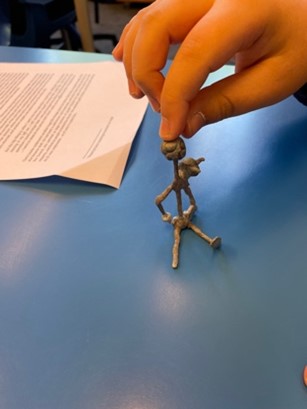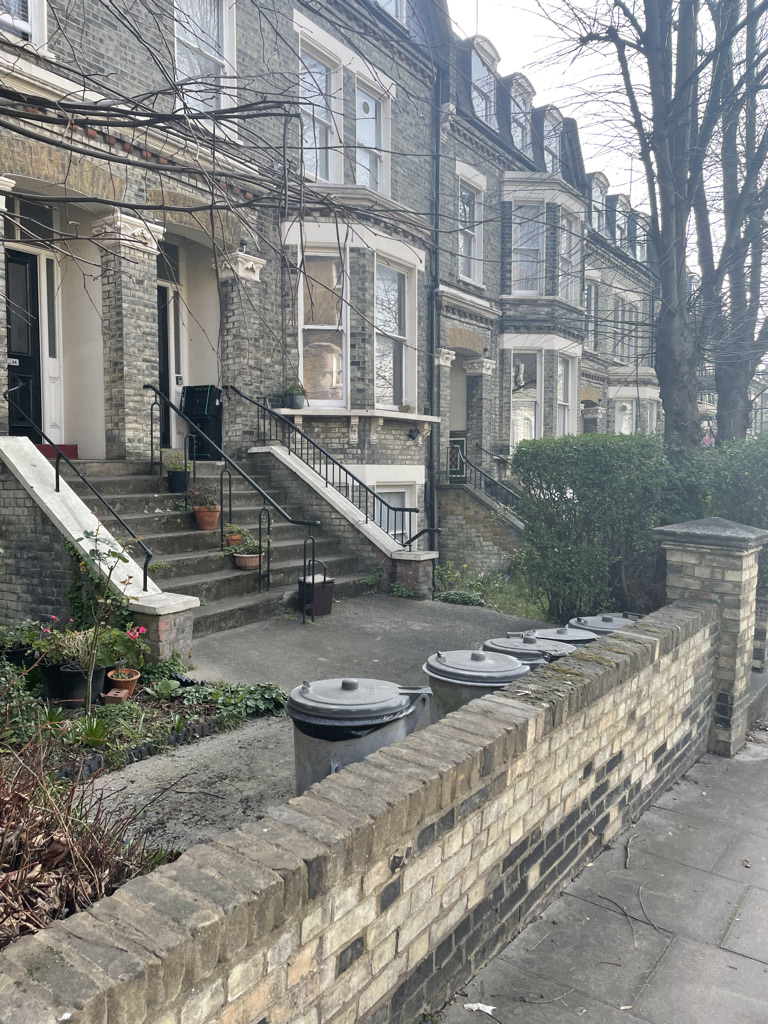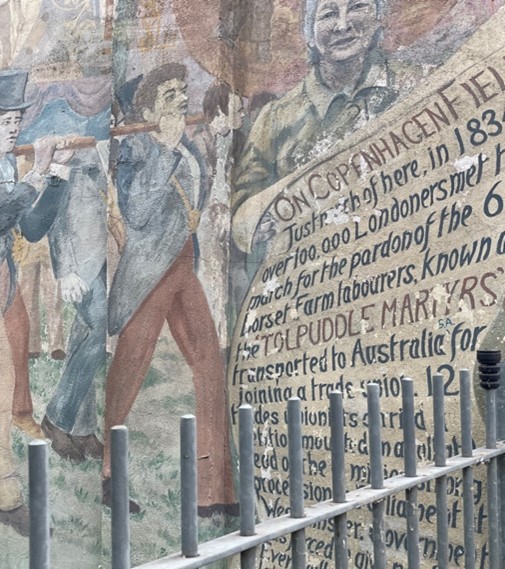PI: Dr Kelly Fagan Robinson
Leverhulme and Isaac Newton Trust Early Career Fellow (2021-2024)
Department of Social Anthropology
University of Cambridge
Attempts to adequately express why any person should be understood as both in-need and worthy of public support are increasingly at the centre of evidence-taking. Whether narratives of need are for the benefit of institutions or friends, family members, colleagues, or even strangers, such communications are often met with disbelief, suspicion and refusal. The disjuncture between a person’s own embodied understanding of their lived reality, and the abstracted un-bodied versions born of each new request, benefit application, appeals committee or institutional review can trigger profound mental health crisis.
British popular understanding of what support means as well as who should be supported has shifted significantly in recent years, particularly as the country’s resources strained under austerity measures (Taylor Gooby et al 2017), through digitisation, Big Data and the advent of algorithmically-determined eligibility (Hodgkinson et al 2016; Loebbecke & Picot 2015), and as Brexit- based political polarity has foregrounded the size and cost of the Social State (Wren-Lewis 2018). The ways that people define and communicate social worth – values that ultimately dictate public support and its distribution – appear to have significantly changed, while the terms we use to discuss them have remained the same.
Faultlines uses ground-breaking ethnography – co-constructed by those attempting to communicate support – to unpack the layers that build individual definitions of ethical worth. The work presented here, produced by the participants of this Leverhulme ECR Fellowship project entitled Communication Faultlines on the Frontlines, tests the limits of communicating need and deservingness of support between people who have little common ground.
- to identify knowledge-making incompatibilities within the UK’s ‘superdiverse’ social landscape;
- to highlight the effect of individual experience in defining ethical positions on worth, support, effects;
- to advance discourses on ‘epistemic injustice’ by anthropologically testing the limits of language
Uniting a background in anthropology, community-led arts praxis and social policy, this research engages various theoretical frameworks – particularly communication ethnography, epistemic injustice, and semiotic affordance theory – to understand the empirical points related to stereotypy and definitional disparities that lead to social and communicative breakdowns.
This work is underpinned by broader questions concerning the ways that lived experiences influence value judgements within health and social care, and in constructions of categories of personhood, specifically as this applies to interactions within British institutions including: Education, Advisory and Judiciary. It investigates language-in-use by observing how people express need or prove ‘deservingness’ of support (Howe 1985), whether for the benefit of institutions, family, or strangers. In pursuit of understanding communication faultlines in these spaces, I am committed to what I call inReach, a reshaping of traditional institutions through inviting key publics in – research participants, community leaders, specialist practitioners – reforming otherwise exclusive spaces into inclusive domains. In-reach is central to my work, both as an ethical imperative and analytical tool. It facilitates broader thinking, invigorates analysis, and incorporates otherwise unheard expertise. It is built into every research project I conduct.

EDUCATION
Following the mandate of inReach, I have incorporated an Anthropology By Children (ABC) initiative as a key part of my research in primary schools, teaching year six students ethnographic methods such as field notation, proxemic mapping and photo voicing, as well as discussing bias, stereotypy, and reflexivity. I have been proud to conduct work with Drayton Park Primary, Montem Primary, Trevor Roberts School, The Bridge London School, and Frank Barnes School for Deaf Children. The children have learnt invaluable research approaches and have also begun to think about their own agentive force in the world, thus impacting on future understandings of citizenship and action.
See more
ADVISORY: Citizens Advice Bureau
I worked as a volunteer for Citizens Advice Bureau (CAB) since 2018. I work with the organisation in varying capacities: Personal Independence and Universal Credit form-filler; on the Pan-London Adviceline; and most recently supporting local research and campaigns, listening to those CAB staff and volunteers on the frontline dealing with the developing cost of living crisis as well as the impacts of fuel poverty, and the chronic lack of suitable social housing in the local area.
See more
JUDICIARY
My research in the Judiciary aims to understand how those involved in each area of the proceedings (advocates, plaintifs, defendants, court staff, and judges) conceive of and communicate/witness claims as they seek to prove deservingness of 'support'. I have been working with a local District Court Justice to formulate a request to Ministry of Justice’s Research Unit to observe cases in court. If granted permission, I will initially observe from the public spaces/gallery during cases. However, if permitted I will also conduct interviews with Judges and staff to better understand the considerations which come to bear on listening in these settings. This process is ongoing, aiming for field research to commence in Spring 2023.
See more